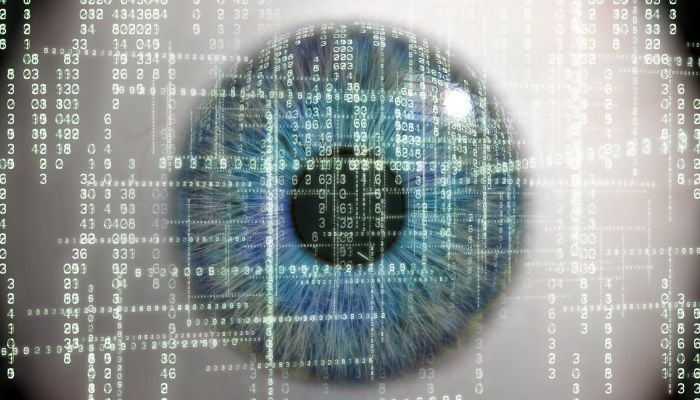The Islamabad High Court (IHC) was informed last month during hearings in a case involving the unlawful surveillance of former prime minister Bushra Imran Khan’s wife that telecom companies were required by the Pakistan Telecommunication Authority (PTA) to fund, import, and install a system that allows for the mass surveillance of citizens’ data.
According to court filings, this system, called the Lawful Intercept Management System (LIMS), permits access to private messages, audio and video files, call logs, and online browsing history.
In the June 26 judgment made public over the weekend, IHC Judge Babar Sattar observed that LIMS was being used for monitoring by “designated agencies.”
Telecom companies were mandated by the PTA regulation to enable surveillance on 2% of their customer base, which may possibly impact over four million persons at the same time.
Judge Sattar stated that there was no legal foundation for the widespread surveillance and that it was carried out without executive or judicial supervision. Although LIMS made encrypted data, SMS, and call records accessible to agencies, it did not offer automated encryption decryption.
Geo.tv sent out requests for comments, but the PTA did not reply.
How is LIMS operated?
A “designated” law enforcement agency starts a track and trace request for a customer’s data in accordance with an order from IHC.
The request then automatically proceeds through LIMS, whereupon the citizen’s call and SMS data that is accessible on the telecom network is reported.
Court filings reveal that “voice calls made by subscribers can be heard and re-heard through such surveillance,” and that “their SMS messages can be read.” The details of online pages that customers browse as well as audio and video content created by or passing through their devices might be examined and saved.







